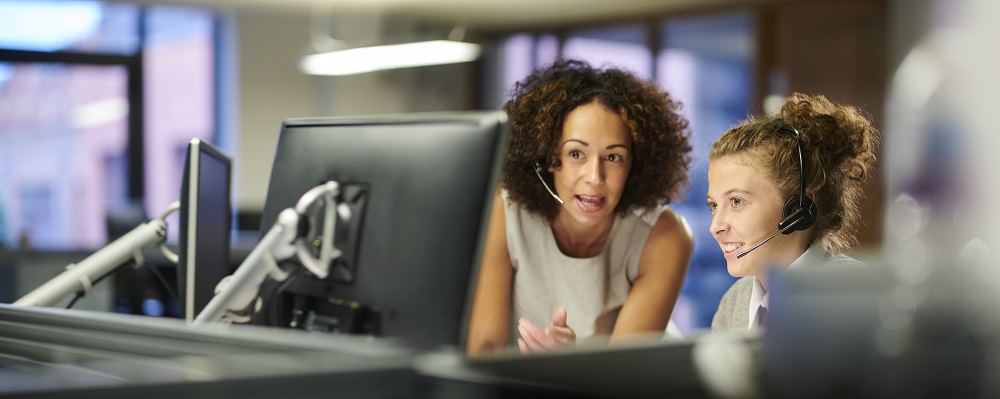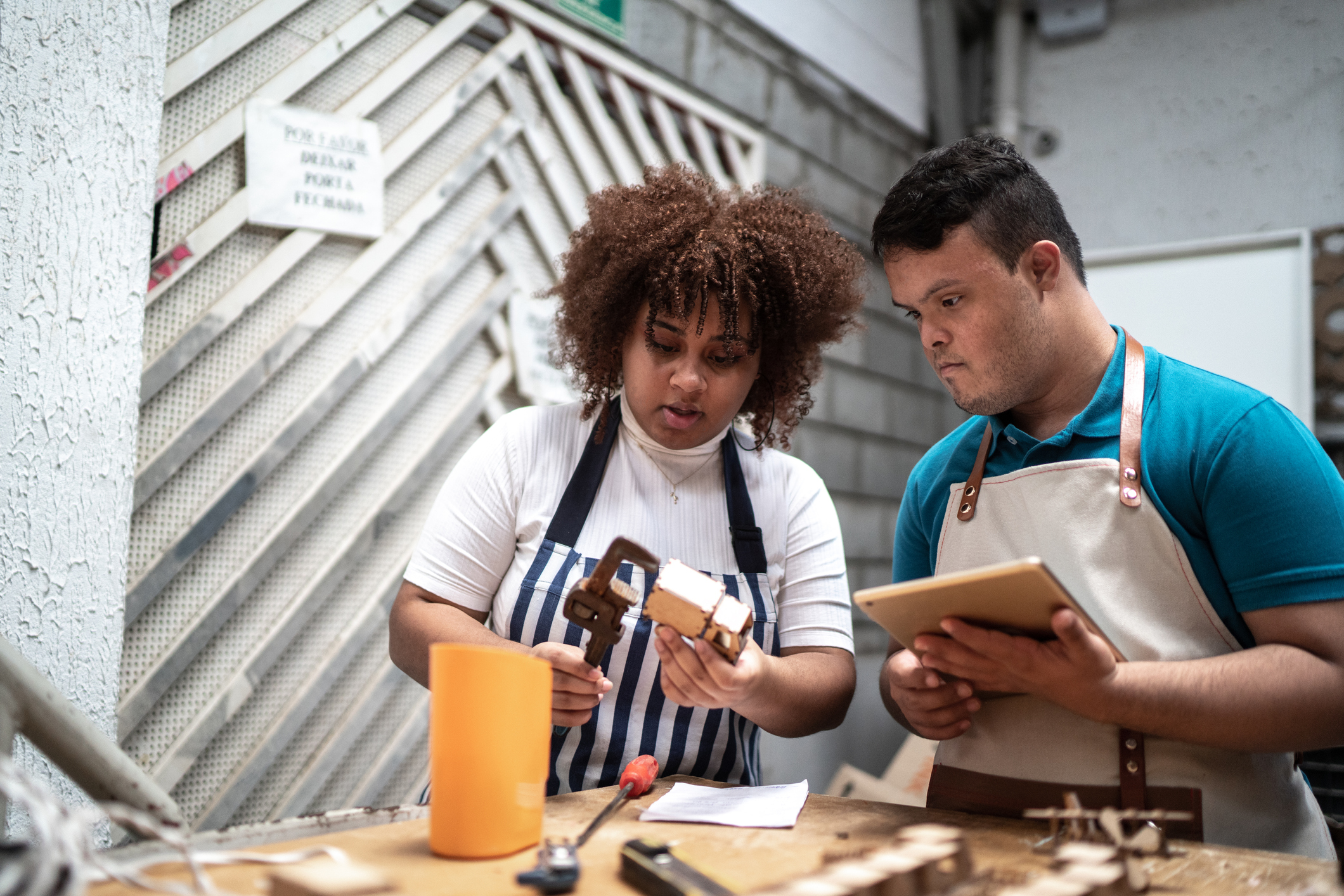Work experience is an unpaid placement with an employer, usually lasting one or two weeks. The young person carries out tasks in a similar way to an employee - the emphasis for the student is learning from the experience and developing skills and confidence. The placement usually takes place whilst students are still in education, in Years 10 to 13 (students aged between 14 and 18). Placements can also be offered to young people up to the age of 20 who are currently not in education, employment or training (NEET), whilst they are looking for future work.
There are many benefits to providing a placement, both to your organisation and the young person.
For the company:
- The student provides help with real tasks – many young people are highly IT competent and capable of administration/office tasks, project work and under supervision, can assist with manual and practical activities
- Your employees can build on their supervisory and leadership skills, whilst sharing their knowledge and expertise with young people
- The placement provides a real insight into your business - you get to understand how young people view your business and learn from them if your marketing messages are well received and understood
- Give back to your local community
- Promote a positive profile of your business to your employees of tomorrow
For students:
- Helps to build business-relevant skills
- Enables creativity
- Helps them to understand the world of work and what employers expect of them
- Gives students industry-relevant knowledge that may help shape their future
career choices
Feedback from employers that have supported work experience tells us how rewarding it is to be involved in a young person’s development, improving their understanding about the world of work, developing skills, clarifying their career ideas and raising aspirations.




